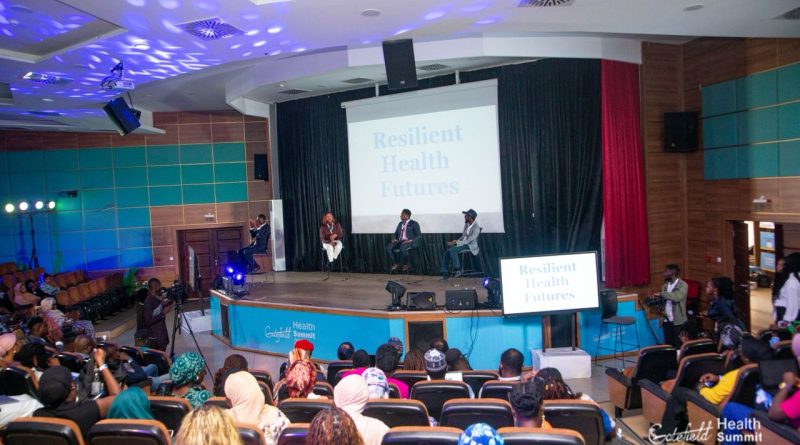Experts call for stronger gender equity, improved access to reproductive health services
Health experts have urged the Nigerian government and stakeholders to strengthen policies that promote gender equity and improve access to sexual and reproductive health services.
Speaking during a panel session titled ‘Women at the Centre: Advancing Gender Equity in Health’ at the 2025 Gatefield Health Summit in Abuja on Wednesday, the experts warned that cultural barriers, weak infrastructure, and limited funding continue to endanger women’s health nationwide.
Kolapo Oyeniyi, a public health specialist, said sexual and reproductive health (SRH) must be treated as a core part of public health, not a separate issue.
Mr Oyeniyi explained that SRH includes physical, emotional, and social well-being related to sexuality and reproduction, for both men and women.
He added that while gender equity is about creating a level playing field, women’s empowerment ensures that balance can truly be achieved.
‘Health centres close too early, limiting access’
Mr Oyeniyi decried the lack of accessible SRH services, noting that most primary health centres in Nigeria operate limited hours, closing between 2 p.m. and 4 p.m., even though communities need round-the-clock care.
He added that many facilities lack trained personnel capable of providing long-term contraceptive methods such as IUDs and implants, and that restrictive laws on abortion and cultural norms further limit access to care.
“We can’t have effective planning or integration without accurate data and enabling policies. Social norms like early marriage or stigma around family planning continue to hold communities back,” he stated.
He also argued that achieving gender equity in health requires active participation of men in SRH discussions and programmes.
“Men remain key decision-makers in most Nigerian households. If they’re not engaged as partners and advocates, women will continue to face barriers in accessing care,” he added.
He called for robust male engagement strategies, community education to shift social norms, and increased investment in provider training, equipment, and digital tools to strengthen service delivery.
‘Integration is the way forward’
In his comments, Olufemi Ibitoye, Technical Advisor at Pathfinder International, said integrating SRH services with other essential healthcare programmes would help address systemic inefficiencies and missed opportunities.
Mr Ibitoye noted that many healthcare workers trained on specific interventions fail to cascade knowledge to colleagues, leading to service gaps when trained personnel are unavailable.
“Integration is key. We can’t keep training one person for one service. We must build a system where every provider can deliver multiple essential services,” he said.
He also highlighted the importance of accountability in managing health resources, warning that lack of oversight often leads to waste and poor outcomes.
READ ALSO: GBV: Stakeholders seek shelters, data harmonisation in Anambra
Mr Oyeniyi further proposed integrating SRH services into non-communicable disease (NCD) clinics, such as those for diabetes and hypertension, to reach a broader population, including men and middle-aged women.
He said such integration would also help address issues around menopause, sexual health, and family planning, which remain poorly understood in many communities.
“We can’t talk about women’s health without addressing what both partners experience. Understanding conditions like menopause is crucial for improving household well-being and workplace productivity,” he said.

